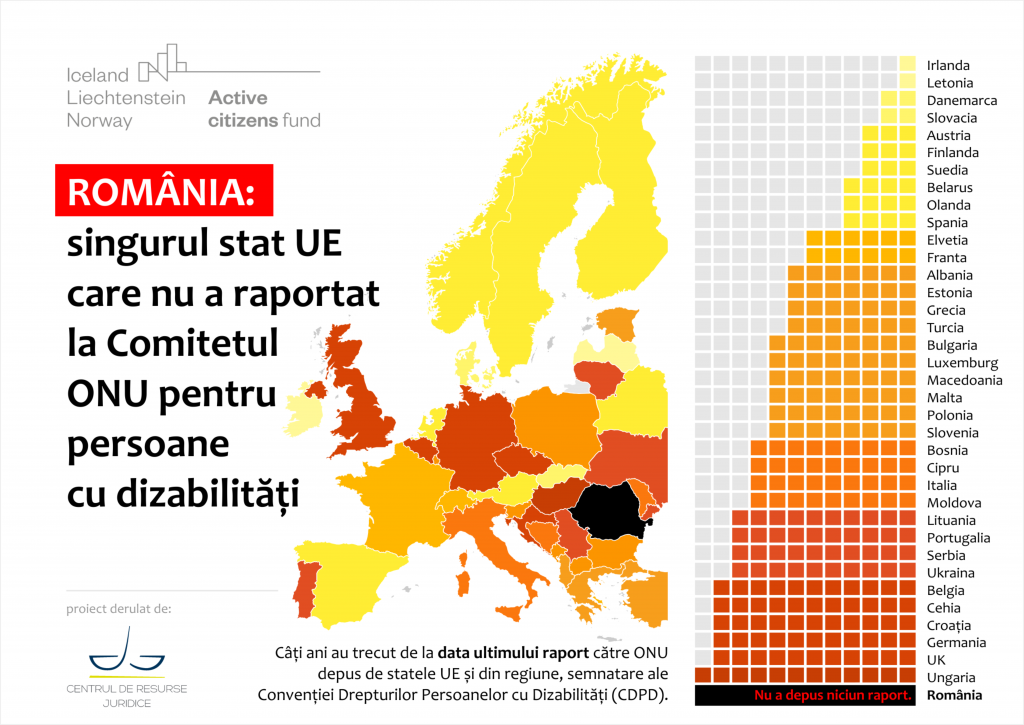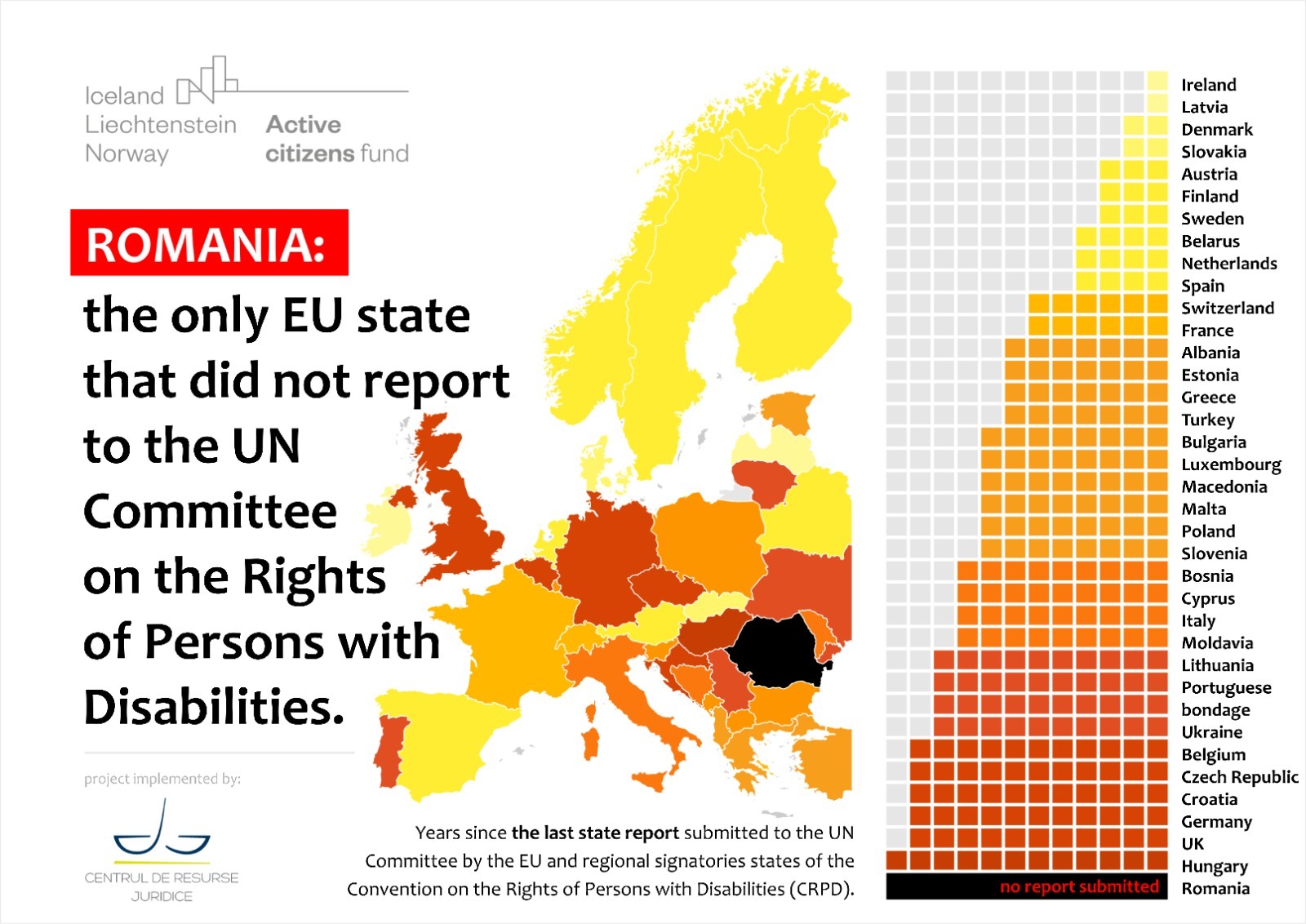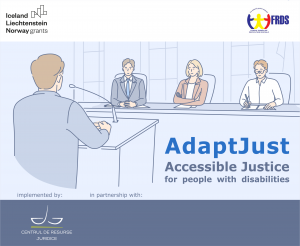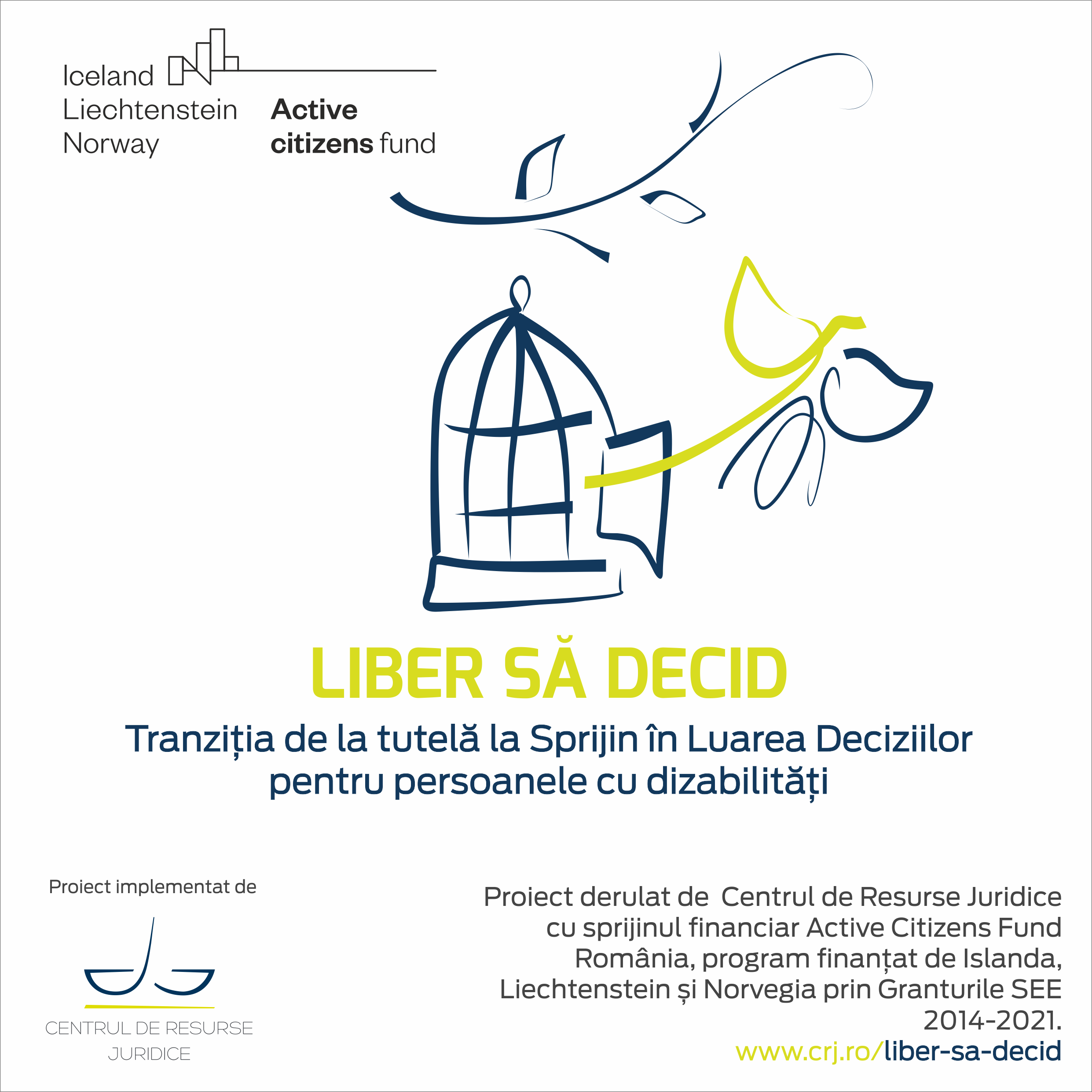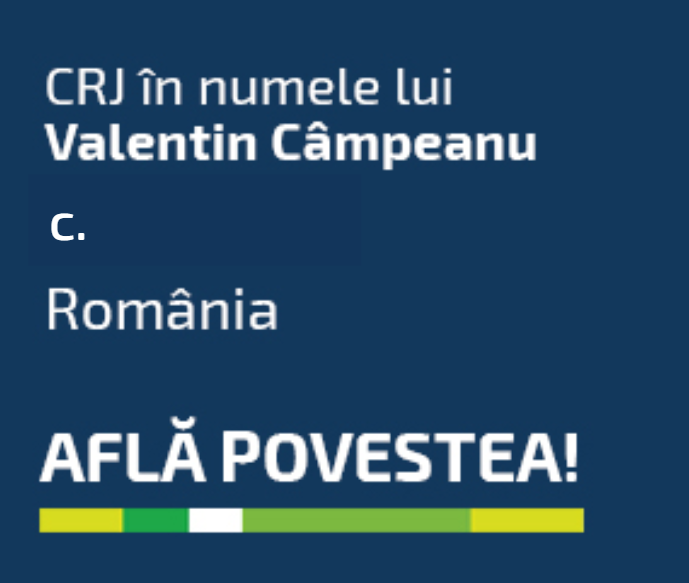![]() UPDATE: In February, Romania did send in the end the country report on the measures taken to implement its obligations unde the CRPD. Yet, the aforementioned report wasn’t made public prior to its sending, making it impossible for it to be put under public debate, as it should had been under the CRPD. The full report can be read HERE.
UPDATE: In February, Romania did send in the end the country report on the measures taken to implement its obligations unde the CRPD. Yet, the aforementioned report wasn’t made public prior to its sending, making it impossible for it to be put under public debate, as it should had been under the CRPD. The full report can be read HERE.
Romania ratified the Convention on the Rights of Persons with Disabilities (CRPD) in 2010 and had the obligation to submit at least 3 country reports within almost 11 years. In order to fulfill the obligation set out in Article 35 “Reports of States Parties”, Romania had to submit a comprehensive report on the measures taken to implement its obligations under the CRPD, with the consultation and involvement of persons with disabilities and non-governmental organisations. The reports submitted would have highlighted the factors and difficulties affecting the degree of fulfilment of the obligations under the UN Convention.
Furthermore, the EU has ratified the United Nations Convention on the Rights of Persons with Disabilities, which provisions are therefore an integral part of the European Union’s legal system.
So far, the Centre for Legal Resources Centre (CLR) has not received a full answer from the Ministry of Foreign Affairs to the question of who is responsible for sending the Romanian report to the CRPD Committee. In CLR´s view, the National Authority for the Rights of Persons with Disabilities (ANDPDCA) was obliged to prepare these reports, which was entrusted by the government decision on its organisation and functioning (Article 5(1) and (4), Article 6(1)(e)) with the task of drafting them and fulfilling the obligations assumed under the CRPD. The ANDPDCA has also been designated as the coordination mechanism for the implementation of the CRPD (Law 8/2016, Art. 15).
If we look at the status of each country in Europe and in the region that has ratified the CRPD, we will have a cold and concise radiography of the interest Romania show to people with disabilities. More than 10 years have passed since the ratification of the Convention…
Why has it come to this and why has Romania not submitted any report in almost 11 years?
In the reports which States are required under Article 35 of the Convention to submit periodically to the UN, they must identify and report on the grounds of each article, what are the problems and identify solutions for each one.
In other words, Romania should say, among other things, why:
- From 2012 to 2019, approx. 50,000 persons with disabilities received a court order of legal guardianship, and for some 10,000 other have been filed at the court or expect that the Parliament passes a law, following the decision of unconstitutionality of Article 164 para. 1 (see also the Amicus Curiae formulated by the CLR in the file); until the legislation is amended, the government should have considered whether the supported decision-making measures could be implemented instead of legal guardianship, but its only action was to organise a working group to write a first draft of amendments submitted for debate in Parliament almost one and a half years after the communication of the decision adopted by the Romanian Constitutional Court, in July 2020. The need for a broad debate, involving the people affected by the legislative changes, has been raised up by organisations, families and people with disabilities.
- Around 1,200 to 1,500 people with disabilities die in residential centers every year, and criminal investigations, if they happen to be initiated under public pressure, are closed without an effective investigation into the causes of the abuse. CLR has documented such cases on countless occasions, the latest being the one in CRRPH Calinesti.
- More than 16,000 institutionalised people deprived of their liberty in social and medical centres and for none of them the State can provide concrete information about the date, budget and type of service/route they will access in the community. The Ministery of Investments and European Programs (MIPE) replied that not a single person with disabilities has been deinstitutionalised but it keeps at least 40 million euros blocked in European projects to build smaller capacity institutions with up to 16-20 places which it pompously calls “social housing” and another tens of millions of euros in National Interest Programmes (PIN).
- People with intellectual and/or psychosocial disabilities are denied the right to legal representation and assistance. Mr Strugurel Matei, the first person with disabilities who, deinstitutionalised from a centre for young people with disabilities, left homeless on the streets, ended up in a prison for leaving the hospital even though he tested negative for COVID-19. Imprisonment on the grounds of disquieting of the fight against diseases shows how contemptuously a person with a disability is treated by a long list of institutions, from social services and medical services to the police, prosecutors and the courts.
- Sometimes, when people who do monitoring visits do an unannounced visit to psychiatric hospitals, they find eight people with disabilities locked in six cages, one person with autism tied to a chair with makeshift materials, and a young man with tuberculosis in serious condition but without access to appropriate services, died shortly after the CLR´s visit.
- Access to medical services and specialist care is difficult and almost non-existent for residents in centres for persons with disabilities under the General Directorates for Social Assistance and Child Protection (DGASPC). The situation of Mrs. G.S., referred to CLR´s team at the end of 2021, demonstrated that it is possible for a young woman who has been institutionalized since birth, blind and with intellectual and psychosocial disabilities, with a cachexic and nonverbal appearance, to remain immobilized in bed without any help after being found one morning with a broken right limb. It took the insistence of CLR´s team to call the ambulance service and to take the young woman to hospital for a first consultation. Later, it was necessary that a criminal complaint was filed by CLR for the young woman with disabilities to be admitted for a week in Valcea County Emergency Hospital. No action has been taken so far, as the young woman is still in the Care and Assistance Centre in Zătreni (CIA Zătreni), Vâlcea County.
- Trade union federations of the local and central public authorities have sued CLR and the Ministry of Labour and Social Protection, asking the Bucharest Court of Appeal to annul the cooperation agreement concluded between the two for the purpose of conducting unannounced monitoring visits to see if human rights are respected. The inhuman living conditions and treatment, the arbitrary deprivation of liberty of hundreds of people from a centre located on a hill on the outskirts of a village in Răcăciuni, Bacău county, with an isolation room with no natural light, no ventilation and walls black with mould, described in the CLR´s report, motivated the reaction from the trade unions.
- Procedural adaptations to ensure participation of persons with disabilities in the decision-making process have not been implemented either at local or central government level or at Parliament level. Draft law, government rulings are not implemented in an accessible and understandable format, people with intellectual and psychosocial disabilities do not have a support person who interpret in an easy to understand format what politicians are saying.
- In the context of the COVID pandemic, Romania will also have to explain how it has respected and prioritised the testing, treatment and prevention of disease. From the data and examples documented by CLR, the state’s response to the needs of this vulnerable group has been far from adequate.
These are just a few recent examples from the practice of CLR, illustrating how the Romanian Government respects its obligations under the Convention on the Rights of Persons with Disabilities.
WHAT IS THE RISK FOR ROMANIA?
Looking at the map above, it becomes clear that Romania is no longer concerned with building or maintaining a reputation as a responsible State in relation to the commitments it has made as a State that has ratified the CRPD. Nor towards the UN Committee on the Rights of Persons with Disabilities, and even less towards persons with disabilities in Romania. So we will not say that Romania is in danger of embarrassing itself at European and international level, it is belated and redundant.
However, we will say what Romania is at risk when it comes to MONEY, because we know there is interest here. The Romanian Government is being monitored on the implementation and application of the Convention on the Rights of Persons with Disabilities in both the National Recovery and Resilience Plan (PNRR) and the European Funds 2021-2017. Implementing the Convention on the Rights of Persons with Disabilities has become a horizontal enabling condition for accessing European funds.
What happens if the horizontal enabling condition – implementation and application of the UN Convention on the Rights of Persons with Disabilities – is not met?
The implementation and application of the Convention on the Rights of Persons with Disabilities (CRPD) has become a horizontal enabling condition for accessing EU funds for the period 2021-2027 (Council Decision 2010/48/EC). Failure to comply with the horizontal enabling condition will result in the restriction of funding in accordance with the provisions of the Common Provisions Regulation. Its implementation will be monitored throughout the funding period.
In order not to lose money from European funds, Romanian Government must demonstrate that it meets the fulfilment criterion, namely:
“The existence of a national framework for the implementation of the CRPD with two components:
- Objectives with measurable targets, a data collection and monitoring mechanism.
- Ensuring that accessibility policies, legislation and standards are adequately reflected in the preparation and implementation of programmes” (Annex III, Common Provisions Regulation).
- Reporting arrangements to the monitoring committee regarding cases of non-compliance of operations supported by the Funds with the UNCRPD and complaints regarding the UNCRPD submitted in accordance with the arrangements made pursuant to Article 69(7).
Romania has received an allocation of €29.2 billion through the PNRR.
“Member States should explain how the reforms and investments supported by the National Plan will contribute to overcoming the identified equality challenges, by answering the following questions:
How does the PNRR ensure respect for the rights of persons with disabilities in line with the UN Convention on the Rights of Persons with Disabilities and the rights of other disadvantaged and marginalised populations?
In this regard, Member States are invited, for example, to explain how the PNRR ensures that reforms are inclusive with people with disabilities in education, labour market and health sectors, accessibility of buildings, services and websites, and the transition from institutional to community-based services.” – Commission Staff working document guidance to member states recovery and resilience plans.
The Romanian government has at least three solutions on the table:
- Publishes, after a public debate with people with disabilities, the State Report and forwards it to the UN Committee on the Rights of Persons with Disabilities
- adopts the government decision and budget for the implementation of the National Disability Strategy (mandatory requirement in point 2, Annex III, RDC)
- Ensures that all operational programmes for the period 2021-2027 are revised to be in line with the CRPD, the State Report and the National Disability Strategy.
__________________________________-
The project “FREE TO DECIDE. The transition from guardianship to decision support for people with disabilities” is implemented by Centre for Legal Resources and benefits from a grant from Active Citizens Fund Romania, programme funded by Iceland, Liechtenstein and Norway through the EEA Grants Grants 2014 -2021. The content of this material does not necessarily reflect the official position of the EEA and Norway Grants 2014-2021; for more information visit www.eeagrants.org. More details about Active Citizens Fund Romania are available at www.activecitizensfund.ro.

